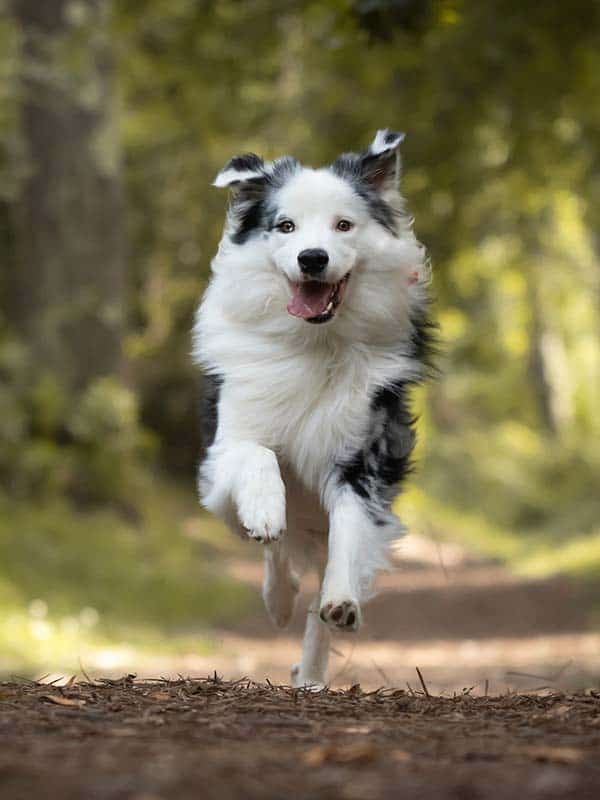Internal Medicine & Cardiology for Current & Referral Pet Patients
Internal medicine spans at least eight major sub-disciplines; comprising organs, body systems, and hidden disease mechanisms.
Our specialties include cardio-respiratory medicine, endocrinology, gastroenterology, infectious disease, neurology, nephrology, oncology, and urology.
Meet Our Internists

With Dr. Kevin Kumrow and Dr. Melanie Hall, both diplomates of the American College of Veterinary Internal Medicine, and Dr. Erin Toone, residency-trained in internal medicine, our team is equipped to handle your pets' needs. They offer expertise to primary practice patients, referrals, and emergency cases. Please request a veterinary referral to our department to consult with our internists.
Our Internal Medicine Services
Cardio-Respiratory Medicine
Addressing heart, lungs, and chest conditions, our specialists provide expert care.
Endocrinology
Managing diverse ailments like diabetes mellitus, adrenal gland disorders, and thyroid issues, we focus on quality of life, knowing that most endocrine disorders are treatable but seldom curable.
Gastroenterology
From common digestive disorders to more complex diagnostic challenges, our team utilizes specialized services such as endoscopy for precise diagnoses.
Infectious Disease
Infectious diseases vary widely, originating from bacteria, fungi, viruses, other animals, parasites, or the environment. Our goal is early diagnosis, concurrent treatment, and an optimistic prognosis for recovery.
Nephrology
Focused on the kidneys, early intervention in disorders such as excess urine production and increased thirst fosters longevity and enhances the quality of life.
Urology
Focusing on the lower urinary tract, we diagnose and treat disorders with similar symptoms but varying underlying causes.
Veterinary Cardiology: Care for Heart & Lung Conditions
Your pet's heart is the center of their vitality and health, and at OPVMC, we understand the critical nature of cardio-respiratory wellness. With an expert team skilled in veterinary cardiology, we regularly diagnose and treat conditions of the heart, lungs, and chest—some of the most significant health challenges your pet may face.
Treating Heart & Lung Conditions and Diseases
A simple cough might be more than a minor nuisance; it could be a sign of underlying heart or lung issues. Our comprehensive diagnostic testing, including blood and urine lab work and state-of-the-art imaging like X-rays, ultrasonography, and CT scans, help us uncover hidden problems. We may also employ endoscopy to explore the lungs and biopsy tissue.
Echocardiography: A Closer Look at Your Pet's Heart
An echocardiogram allows us to see inside your pet's heart, assessing chamber size, wall motion, valve movements, and structural changes. Doppler echocardiography further enables us to understand blood flow within the cardiovascular system. These powerful tools help diagnose conditions like heart murmurs or congestive heart failure.
Holter Monitoring: A Day in the Life of Your Pet's Heart
Through the non-invasive method of Holter monitoring, we can analyze your pet's heart rhythm and rate for 24 hours in the comfort of your home. This in-depth examination, accessible through a small, wireless device, provides insight into potential arrhythmias, fainting episodes, or medication effects. Trust us to guide you through the easy application and analysis process.
Cardio-Respiratory Medicine Services
Comprehensive and Caring
Expect the highest standard of care for your pet's heart and lungs. Our extensive range of services includes:
- Detailed history and physical examination
- In-depth auscultation of heart and lung sounds
- Advanced laboratory examinations and diagnostic imaging
- Individualized treatment plans, client education, and follow-up
- Specialized therapies such as oxygen treatment and nebulization
- Cardiac telemetry and continuous monitoring

Referral Process
If your pet is being referred to OPVMC for specialty services, rest assured that you and your pet are in good hands. Here is what you can expect: Your primary care veterinarian will completetheOPVMC Referral Form and will send OPVMC a copyof your pet’s pertinent records.
- Once we have received the necessary records and Referral Form, our Referral Coordinator will contact you to schedule an initial consultation with the appropriate specialty department. Please allow up to 48 hours for them to contact you.
- Diagnostics and/or procedures are not guaranteed to happen on the day of the consultation. If they are to be performed that day, you may be asked to admit your pet to the hospital for the remainder of the day.
- Please be aware that some diagnostics performed with your primary veterinarian may need to be repeated due to when the test was originally performed. Having the most accurate and up to date information will assist our specialists in determining the best treatment plan for your beloved pet.
- Although we may be able to provide a rough estimate for common procedures, all services are patient specific. The veterinarian will be able to provide you with a cost estimate after the consultation.
- *If your pet requires immediate emergency care, please utilize our emergency services. Our specialists may be able to accommodate an emergency consultation if the attending Critical Care veterinarian deems it necessary. *


